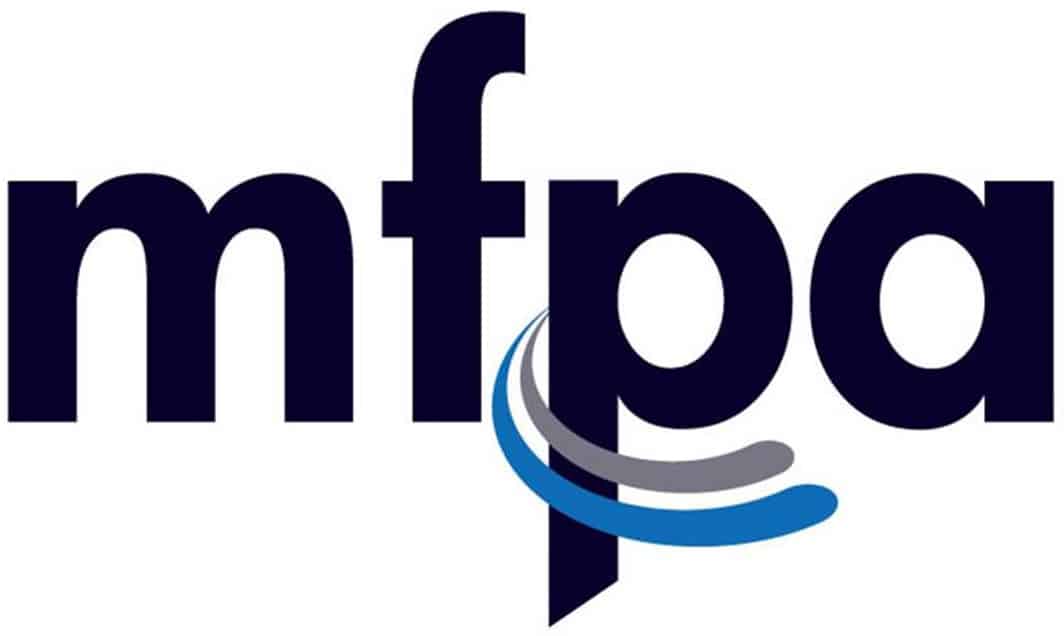
Social Protection of Professional Self-Employed: A Survey on National Frameworks in the 27 EU Member States
The traditional model of full-time employment is increasingly being replaced by professional self-employment (PSE), encompassing independent, often intellectual, workers including freelancers, seasonal, and on-demand workers. These workers face diverse conditions influenced by factors such as age, gender, and region, and are impacted by digital gig platforms and entrepreneurial ventures. Despite their economic importance, PSEs often lack adequate social protection, facing barriers such as non-compulsory coverage and restrictive eligibility criteria. The COVID-19 pandemic revealed the vulnerability of these workers, prompting temporary boosts in support but exposing long-standing gaps. Many countries show uneven regulation, especially for newer forms of self-employment that remain outside traditional insurance systems. The EU promotes freedom of establishment for the self-employed, yet social protection systems remain fragmented and misaligned across Member States. The 2019 Council Recommendation urged harmonised standards to ensure better access to social protection. The report emphasises the need for comparative analysis of national systems, enhanced data collection, and the vital role of social partners (e.g. unions, associations) in developing inclusive systems. Moving forward, fostering dialogue, cooperation, and mutual learning among EU stakeholders is essential to crafting equitable policies that reflect the evolving realities of the European labour market and ensure fair treatment for self-employed workers.
This report presents the findings on a survey on national frameworks in the 27 EU Member States. Malta is featured in this report since MFPA is one of the partners in this project which is led by Confprofessioni and co-funded by the European Union. Read the report here.




